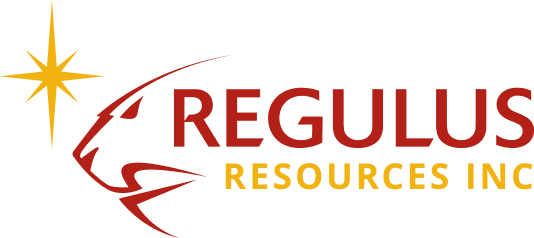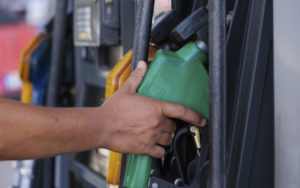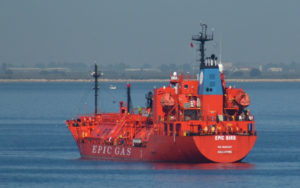Oman, Bahrain seen vulnerable to downgrades if the coronavirus outbreak drags on: S&P Global

It’s “fair” to say that countries such as Oman and Bahrain are vulnerable to a potential rating downgrade if the coronavirus outbreak lasts longer than expected, according to the chair of sovereign ratings at a credit rating firm.
That’s because the two countries have high fiscal breakeven oil prices, Frank Gill of S&P Global Ratings told CNBC’s “Capital Connection” on Tuesday. Oil prices have been under pressure due to concerns about the economic impact of the coronavirus, with both Brent and U.S. crudes down more than 10% since the beginning of the year.
The Organization of the Petroleum Exporting Countries has slashed global oil demand growth forecasts as the coronavirus continues to spread. For China alone, OPEC revised its demand forecast down by 0.2 million barrels a day for the first half of 2020.
The first coronavirus infections surfaced in late 2019 in the Chinese city Wuhan, and the disease has since killed more than 2,000 people in China. After the Lunar New Year holiday in late January, many businesses in China extended their closures in a bid to control the virus situation.
Potential rating downgrades
However, with regard to sovereign rating downgrades in the pipeline due to the coronavirus, Gill pointed to Middle Eastern economies instead of China.
If the outbreak continues beyond March, the loss of oil demand could really affect prices, which are a “major budgetary parameter” for Gulf countries, he said, noting that the governments are already spending beyond their means.
“If you exclude the investment proceeds from the sovereign wealth funds, every single Gulf economy is running pretty substantial underlying fiscal deficits,” he added.
“You have pretty high breakeven oil prices,” he said, singling out Oman and Bahrain. “They do stand out.”
According to IMF data released in October 2019, Oman’s fiscal breakeven oil price is projected to be $87.60 a barrel in 2020, while Bahrain’s is expected to be $91.80 a barrel.
On Wednesday in Asia, oil prices were slightly higher. Brent crude was trading at $58.12 a barrel, up 0.64%, while U.S. West Texas Intermediate crude traded around $52.46 a barrel, up 0.79%.
S&P Global Ratings also wrote in a report that Oman has high export exposure to China at 21.7% of its GDP.
However, Bahrain is “working very hard” to diversify and find non-oil revenues, he said. “But they are where they are in terms of regional exposures, and the key export of this part of the world is clearly crude oil.”
Source: CNBC
Oil & Gas








